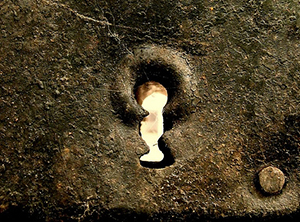Secrecy. Is it a bad thing? Doesn’t the word secrecy have undesirable if not immoral connotations? The notion of secrecy often calls to mind clandestine activities and cover-ups – like the Watergate scandal or tapping the phones of governmental leaders.
But in the context of servant leadership the practice of secrecy is born from a spiritual motivation rooted in a God-centered world-view. For would-be servant leaders, secrecy is this: in favor of the Divine Audience of One, we abstain from allowing our good deeds and qualities to be known. In secrecy, we cultivate a deep relationship with God that flourishes independent of having to manage the opinions of others by boasting of our goodness, rightness, or power. This is a key discipline in the spiritual formation of servant leaders.
I know of a man who quietly made a huge difference in one of the most intractable racial problems of the twentieth century. He did not tell a soul until it was privately coaxed out of him just before he died. When asked about keeping such an astonishing secret, he explained that he experienced freedom, joy and power in the discipline of secrecy.
We all know the unpleasant feelings associated with doing something wrong. We run a red light only to see a cop in the rearview mirror. Now filled with regret, fear, or shame, we say things not fit for print. The reverse is true too. Keeping secret our commendable behavior provides a full range of ethical power in our leadership. It brings peace and joy, contentment and satisfaction. I sometimes experience it as an inner giggle. I know something others don’t: God is working through me, and it is our secret. This inner reality brings poise that radiates to others. Thus the environment around us receives a great means of peace, joy, and confidence.
Our Character At Work, by Todd Hunter, pages 82-83

